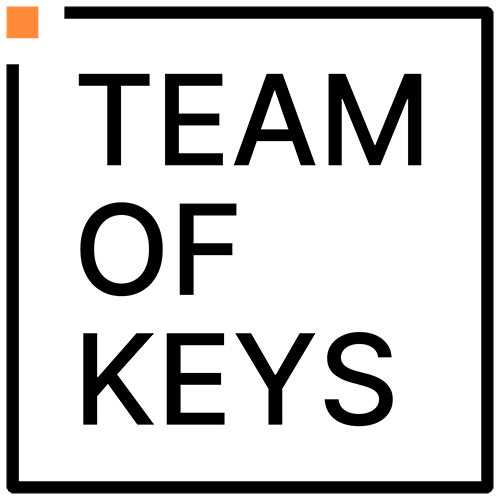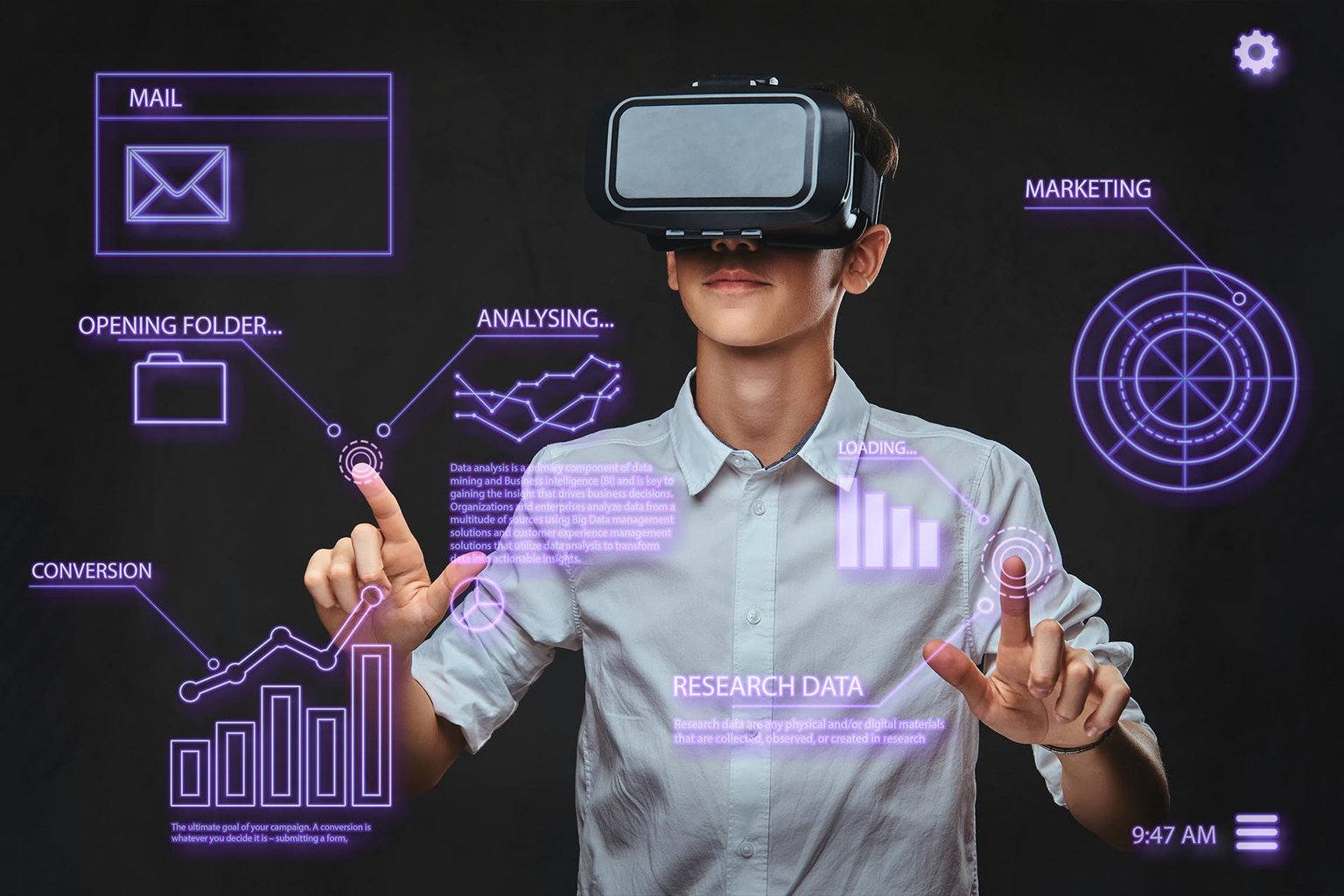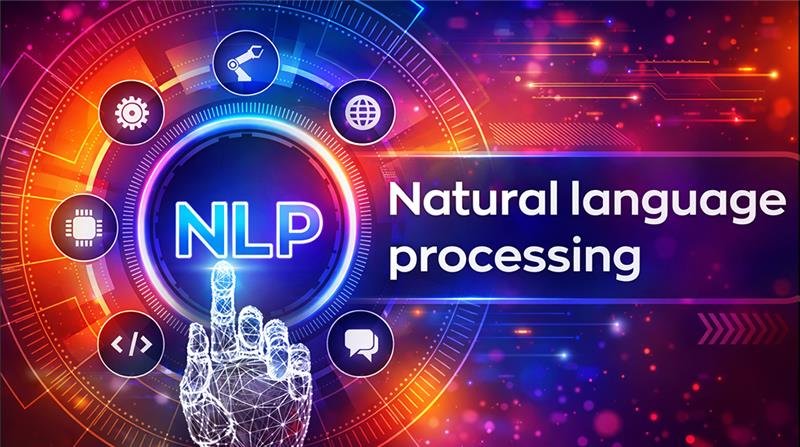As we get deeper into 2025, Extended Reality (XR), encompassing Virtual Reality (VR), Augmented Reality (AR), and Mixed Reality (MR), continues to redefine how we interact with digital content. From immersive gaming to enterprise training and social interactions, XR is revolutionizing industries. If you're an XR developer, designer, or enthusiast, staying updated on the top development platforms is crucial. Here's a curated list of the most promising XR Development Platforms to watch this year.
Why Choose Team of Keys?
At Team of Keys, we specialize in crafting immersive XR game experiences that mix creativity, technology, and innovation. Our team of skilled developers, designers, and 3D artists uses advanced platforms like Unity, Unreal Engine, and WebXR to build interactive and visually stunning XR games your vision to. Whether it’s Virtual Reality, Augmented Reality, or Mixed Reality, we ensure seamless performance, high-quality graphics, and engaging gameplay across devices.
1. Unity with AR Foundation
It remains a dominant force in XR development due to its versatility and robust ecosystem. With AR Foundation, developers can build cross-platform AR apps that work seamlessly on both iOS and Android devices. Its intuitive interface and extensive documentation make it perfect for newcomers. Unity's integration with various XR hardware and its support for both AR and VR Application Development Services make it a go-to choice for many developers.
2. Unreal Engine
It is ideal for developers aiming to create photorealistic AR and VR experiences, which are known for stunning graphics and high-fidelity visuals. Its Blueprint visual scripting system lowers the barrier for those without deep coding skills, making it accessible yet powerful. Unreal Engine's capabilities are particularly beneficial for industries like automotive, architecture, and gaming, where visual fidelity is paramount.
3. Vuforia
It is a scalable AR development platform that works with the Unity game engine. It excels at image recognition and tracking, offering easy integration with Unity Game Development. This allows developers to quickly prototype interactive AR applications with marker-based technology. It offers a suite of tools that includes Vuforia Expert Capture, which constructs step-by-step AR guides and AI-enhanced inspections, empowering frontline workers to perform tasks more accurately and efficiently.
4. Spark AR Studio
Spark AR Studio from Meta offers an easy-to-use platform for producing captivating augmented reality content for Facebook and Instagram if your objective is social media filters or effects. Its drag-and-drop interface suits artists and marketers looking to enter the space without complex programming. Spark AR Studio has democratized AR content creation, enabling a vast number of creators to develop and share their work with a global audience.
5. Amazon Sumerian
It is a browser-based platform that allows developers to create and run 3D, AR, and VR applications quickly and with minimal coding. Its integration with AWS services enables developers to incorporate features like AI, voice recognition, and natural language processing into their applications. Sumerian's compatibility with various VR and AR headsets makes it a versatile tool for creating immersive experiences across different devices.
6. ARKit & ARCore
For mobile AR development, Apple's ARKit and Google's ARCore are essential tools. ARKit offers advanced features like motion capture, environment texturing, and face tracking, while ARCore provides capabilities such as environmental understanding and light estimation. Both platforms enable developers to create high-quality AR experiences on iOS and Android devices, respectively. Their continuous updates ensure they remain at the forefront of mobile AR development.
7. Xreal’s Android XR
At Google I/O 2025, Xreal unveiled Project Aura, a new pair of extended reality (XR) smart glasses powered by Google's Android XR operating system. This marks the second official device to run on Google's XR platform, following the earlier release of Samsung's Project Moohan headset. The introduction of Android XR is part of Google's strategic move to establish a foothold in the XR market and compete with major players such as Meta and Apple.
8. WebXR
It is an open standard that enables the creation of VR and AR experiences accessible through web browsers. It democratizes access to immersive content by eliminating the need for specialized applications or hardware. Developers can create XR experiences that run directly in browsers, making it easier for users to access and engage with content across various devices. WebXR's growing support across browsers and devices makes it a platform to watch in the coming years.
9. Treeview Studio
It is a boutique development studio specializing in augmented reality (AR) and virtual reality (VR) solutions for enterprise clients. Since its founding in 2016, the business has worked with more than 40 clients to provide upscale AR and VR solutions that are suited to a range of commercial requirements. Prominent companies like ULTA Beauty, Medtronic, and NEOM are among their clientele, demonstrating their adaptability in a range of sectors.
10. Xreal
Xreal is a company that focuses on developing innovative XR hardware and software solutions. At Google I/O 2025, Xreal unveiled Project Aura, a new pair of Extended Reality (XR) smart glasses powered by Google's Android XR operating system. This marks the second official device to run on Google's XR platform, following the earlier release of Samsung's Project Moohan headset. The introduction of Android XR is part of Google's strategic move to establish a foothold in the XR market and compete with major players such as Meta and Apple.
Conclusion
The XR development in 2025 is vibrant and diverse, offering a variety of tools and platforms to cater to various needs and expertise levels. Whether you're a developer aiming to create immersive gaming experiences, an enterprise seeking to implement AR for training, or an artist looking to craft engaging social media filters, there's a platform suited for your project. Staying informed about these platforms and their capabilities will enable you to leverage the best tools available and push the boundaries of what's possible in extended reality.











